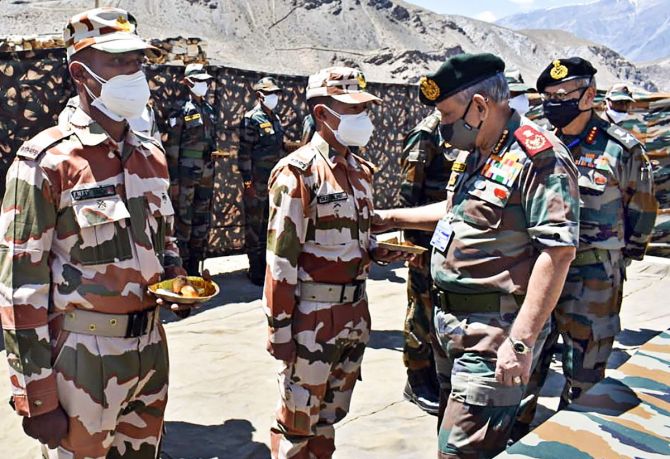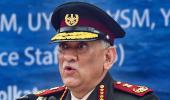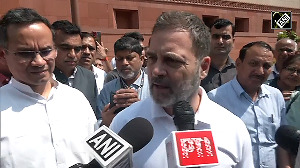China has protested to India over Chief of Defence Staff General Bipin Rawat's reported remarks about Beijing constituting the "biggest security threat", the Ministry of Defence here said on Thursday.

"Indian officials speculate on the so-called ‘Chinese military threat' for no reason, which is a serious violation of the strategic guidance of the leaders of the two countries that China and India ‘do not constitute a threat to each other', and incites geopolitical confrontation, is irresponsible and dangerous," Chinese Defence Ministry spokesman Sr. Col Wu Qian told an online media briefing here.
According to the transcript posted on the defence ministry's website, Sr. Col Wu was responding to a question on the reported comments by Gen. Rawat recently "stating that the biggest security threat to India is China. There is a lack of ‘trust' between India and China in resolving the border dispute, and ‘suspicion' is growing. What is China's comment on this?"
"We express our firm opposition to this. We are firmly opposed to this and have made solemn representations to the Indian side," Sr Col Wu said. He, however, did not mention when the protest was lodged.
"China's position on the Sino-Indian border issue is clear and unambiguous. The Chinese border guard forces are determined to safeguard national sovereignty and security, and are committed to maintaining peace and tranquillity in the border area, making great efforts to promote the de-escalation of the situation," he said.
The defence ministry spokesman also quoted an old Chinese saying: "If you use copper as a mirror, you can be dressed up; if you use history as a mirror, you can know the rise and fall; if you use people as a mirror, you can understand gains and losses."
The Ladakh standoff began in May last year when China moved over 60,000 of its troops which were mobilised for exercises into Pangong Tso and other areas along the Line of Actual Control (LAC) in eastern Ladakh.
The tension escalated following a deadly clash in Galwan Valley on June 15 last year.
After a prolonged standoff, the troops disengaged from the most contentious area of Pangong Tso. As a result of a series of military and diplomatic talks, the two sides completed the disengagement process in the Gogra in July but the talks to workout disengagement from the remaining areas have not succeeded so far.












 © 2025
© 2025